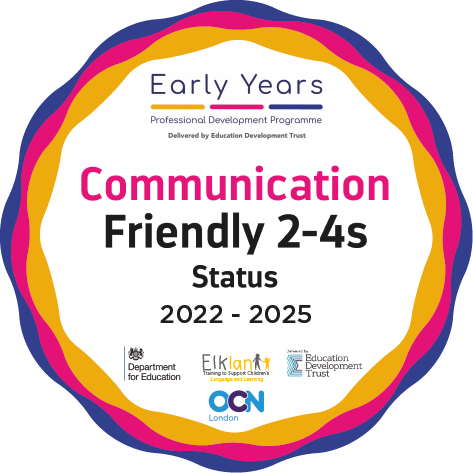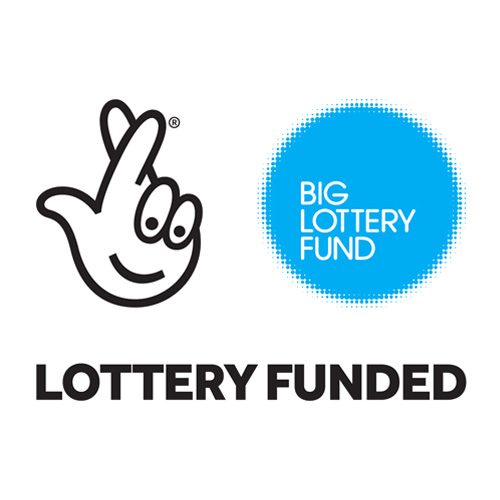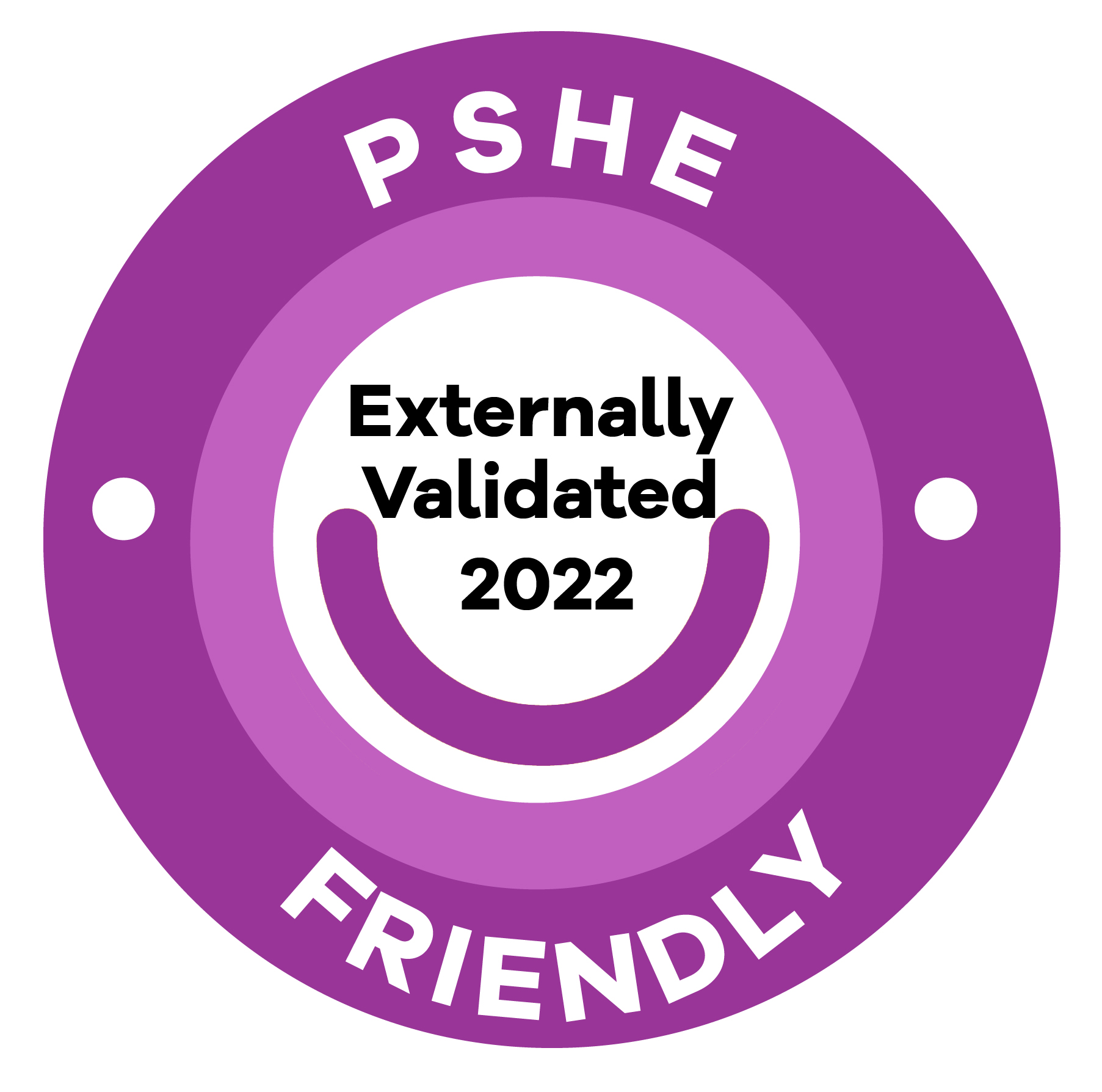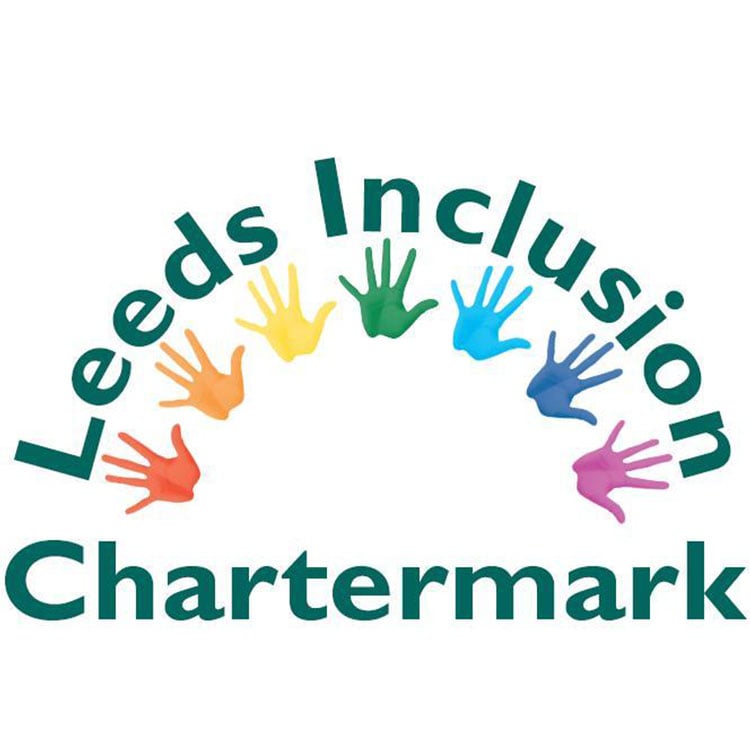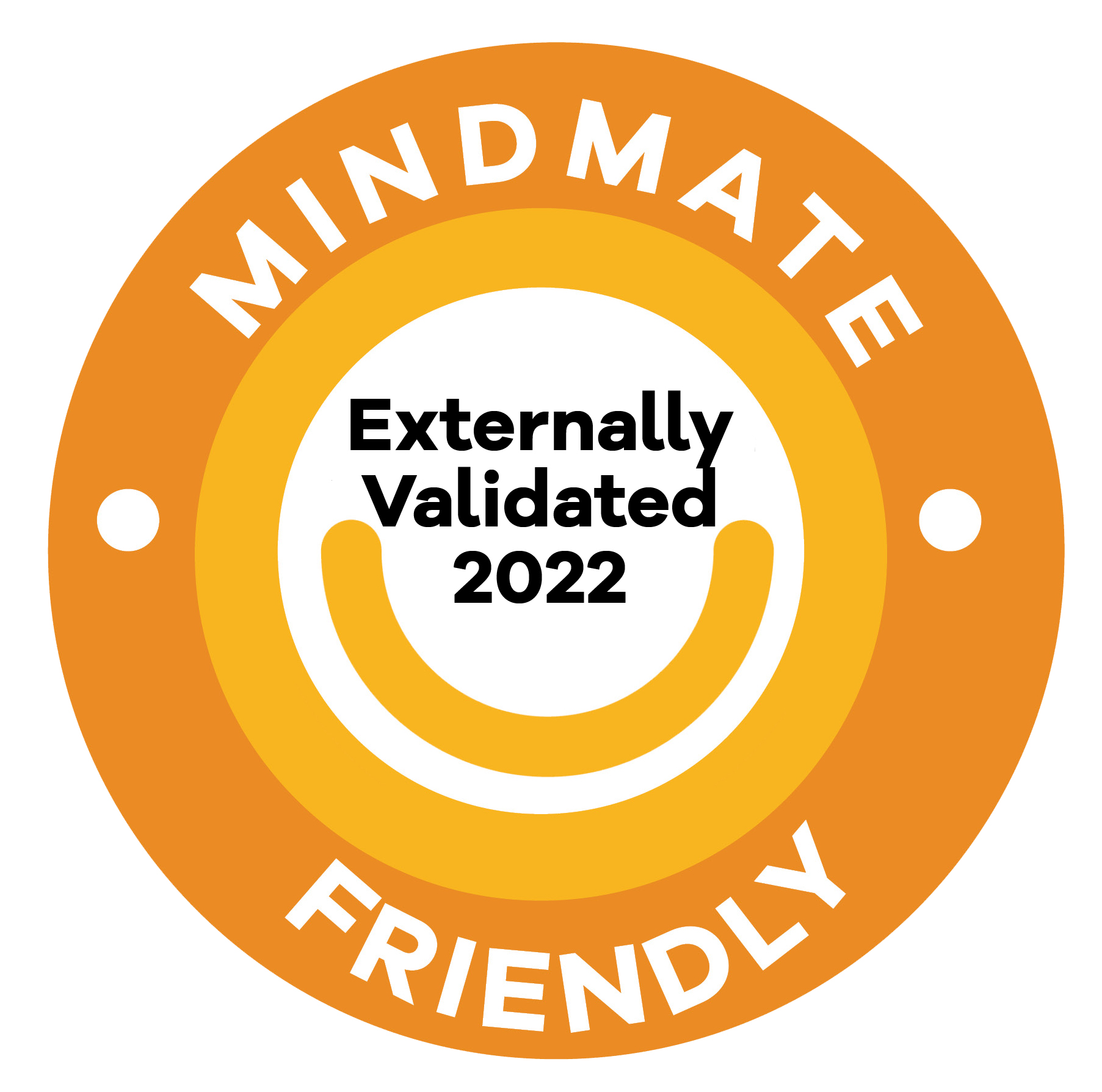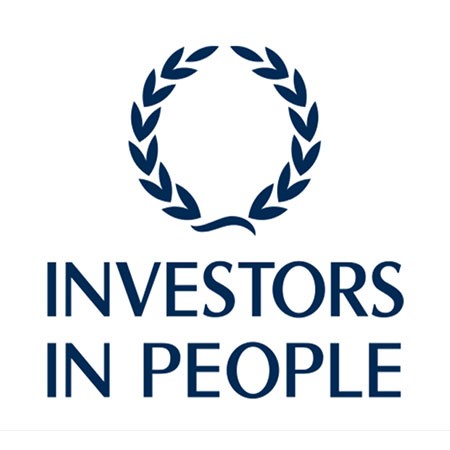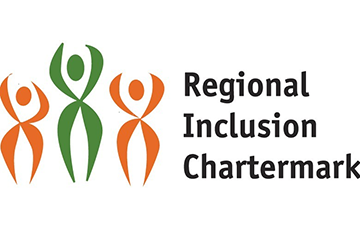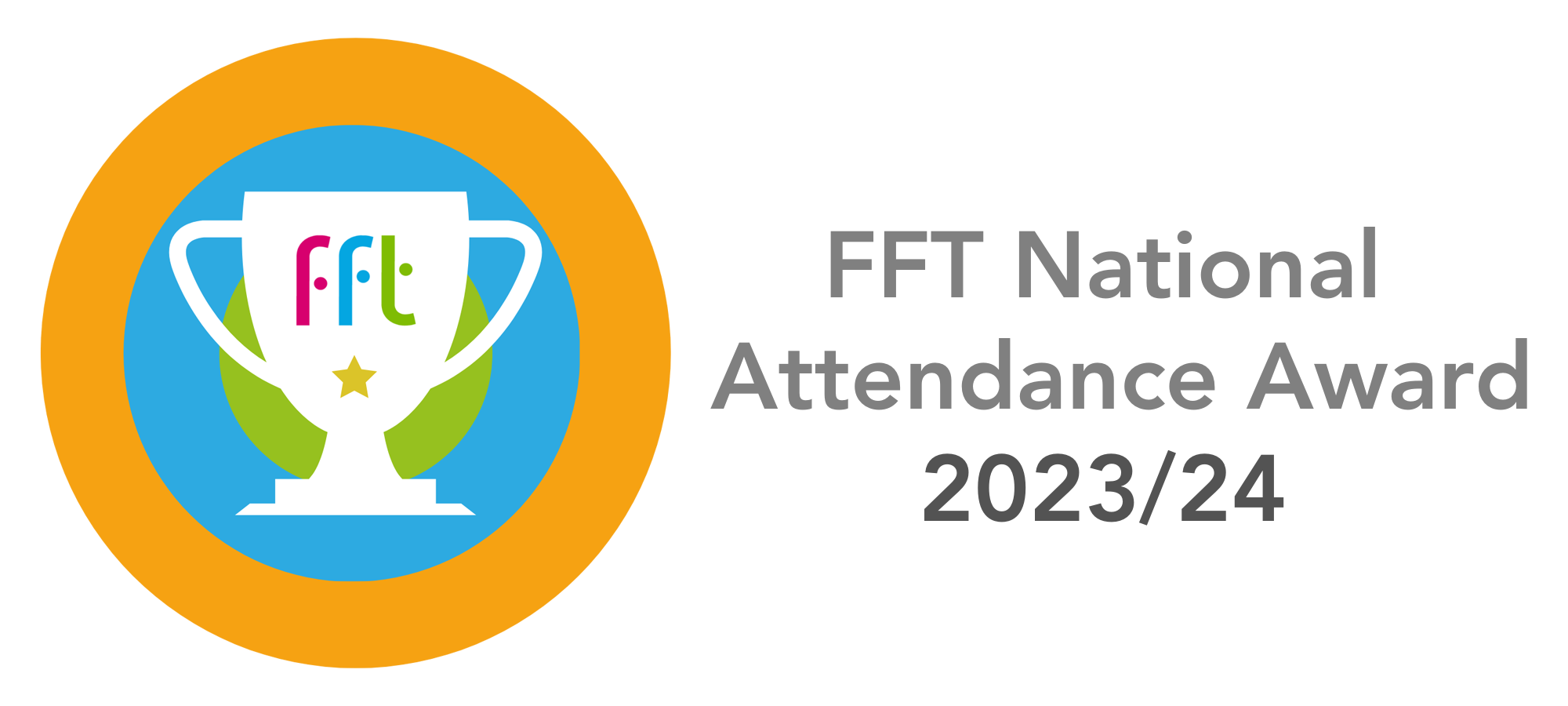|
|
Autumn |
Spring |
Summer |
|
Birth to three years |
|||
|
Self-regulation |
Ability to be calmed and comforted by their Key Person |
Developing confidence in own abilities and feeling proud of simple achievements. |
Developing the ability to wait for a turn during games and activities |
|
Managing self |
Beginning to establish early self-confidence and sense of self with likes and opinions. |
Developing the ability to express a range of emotions |
Developing the ability to talk about and manage their feelings. Safely explore ideas of different feelings and emotions Children can talk about their feelings in more elaborated ways with more than one word, e.g. ‘I am happy’. |
|
Building Relationships |
Develop a strong, positive relationship with a Key Person |
Begin to notice differences in others |
Notice and ask questions about differences, such as skin colour, types of hair, gender, special needs and disabilities |
|
Understanding the world |
Noticing the physical differences or similarities between ourselves and others Talk about our immediate family members |
Explore and notice how we are all different from each other. See the similarities between families |
|
PSHE
Personal, social, health and economic (PSHE) education is an important and necessary part of all pupils’ education. At Shakespeare, we have personalised our curriculum to the specific needs of the children in our school community. The aim of PSHE at Shakespeare is to equip pupils with a sound understanding of risk and with the knowledge and skills necessary to make safe and informed decisions.
Below we have outlined the overview of the topics to be delivered each half term across school and have also provided the full programmes of study to show in depth what children will learn in each year group.
Nursery 0-3 years
Nursery 3-4 years
|
|
Autumn |
Spring |
Summer |
|
3 and 4 year olds |
|||
|
Self-regulation |
Able to explore the classroom independently as they self-select toys and resources they want to play with |
Starting to recognise own successes and share their achievements with others |
Recognises the need to communicate needs and wishes. Develops appropriate ways of being assertive. For example, saying, “Stop. I don’t like it,” when someone is doing something that they do not approve of |
|
Managing self |
Develop an understanding of their role within the classroom. For example, responding to the Shakespeare Golden rules, joining in at group time, and helping to keep the classroom safe and tidy Becoming more confident to explore new social situations. For example, playing with different groups of children and beginning to form strong friendships with peers |
Makes good choices and follows rules and routines without always having to be reminded by an adult |
Talk about their feelings using words like ‘happy’, ‘sad’, ‘angry’ or ‘worried’ |
|
Building Relationships |
Quickly develop a strong, positive relationship with a Key Person as they settle into a new environment with new people |
Beginning to solve problems that occur during play. For example, making suggestions to solve conflicts and rivalries |
Understand gradually how others might be feeling and beginning to respond to the feelings of others appropriately |
|
Understanding the world |
Exploring and talking about the physical differences between ourselves and others Talk about our immediate family members and extended family (grandparents, aunties, uncles, etc.) |
Continue to develop an understanding of the differences between ourselves and others. Meet visitors from the local community, |
|
Reception
|
|
Autumn |
Spring |
Summer |
|
Reception |
|||
|
Self-regulation |
Beginning to value themselves as an individual, recognising their strengths and values |
Developing the ability to talk confidently about themselves including: - Likes and dislikes - Strengths and weaknesses - Things that make them special and different to others |
Developing the ability to manage their own needs. For example, trying to solve problems independently |
|
Managing self |
Beginning to be able to regulate own emotions and solve problems without adult support |
Becoming more able to express and label feelings Developing resilience and perseverance, and bouncing back when challenges occur |
Identify and moderate their own feelings socially and emotionally, including being able to label and explain their feelings |
|
Building Relationships |
Develop the ability to build and maintain meaningful friendships with peers Demonstrate respect when playing, interacting and communicating with peers and adults |
Developing the ability to identify and understand the feelings of others Respond appropriately to the needs and wishes of peers |
Think about the perspectives of others when planning and organising play |
|
Understanding the world |
Knowing the physical differences between ourselves and others Talk about our immediate family members and extended family (grandparents, aunties, uncles, etc.)
|
Share experiences of familiar people across the community, such as doctors, hairdressers, dentists, etc |
|
Year 1
|
|
Autumn 1 |
Autumn 2 |
Spring 1 |
Spring 2 |
Summer 1 |
Summer 2 |
|
Year One |
||||||
|
You, Me, PSHE |
Physical health and wellbeing Fun times |
Mental health and emotional wellbeing Feelings |
Drug, alcohol and tobacco education What do we put into and on to bodies? |
Keeping safe and managing risk Feeling safe |
Relationship and sex education Boys and girls, families |
Identity, society and equality Me and other |
|
Mindmate |
Life changes New school/class Making new friends - I understand that talking about my feelings can help
|
Strong emotions Recognise what is fair/ unfair right/wrong - I know when someone is being unkind, including myself |
Solving problems Setting goals & targets - I can work & play well in a small group |
Being the same/being different Celebrating differences - I know the people in my class are all different |
Friends and Family Recognise how others show feelings & know how to respond - I know when my friends are feeling happy |
Feeling good and being me Recognise feelings - I can talk about how I am feeling |
|
Additional |
|
Underwear rule (Keeping myself safe) |
|
|
Relationships with friends and family |
|
Year 2
|
|
Autumn 1 |
Autumn 2 |
Spring 1 |
Spring 2 |
Summer 1 |
Summer 2 |
|
|
Year Two |
|||||||
|
You, Me, PSHE |
Physical health and wellbeing What keeps me healthy? |
Mental health and emotional wellbeing Friendship |
Drug, alcohol and tobacco education Medicines and me |
Identity, society and equality My money |
Keeping safe and managing risk Indoors and outdoors |
Relationship and sex education Boys and girls, families |
|
|
Mindmate |
Feeling good and being me Celebrate strengths – I’m good at… I will be better at… |
Friends and Family Impact of behaviour on others - I know that what I say & do can affect my friends |
Solving problems Not giving up/ Perseverance - I understand it is important to keep going when something is tricky |
Being the same/being different Beginning to understand empathy - I understand my friend might have different feelings to me |
Life changes Loss; Losing loved object/ pet/person - I can talk about feeling sad when I have lost something |
Strong emotions Comfortable & uncomfortable feelings - I can talk about what makes me feel sad |
|
Year 3
|
|
Autumn 1 |
Autumn 2 |
Spring 1 |
Spring 2 |
Summer 1 |
Summer 2 |
|
Year Three |
||||||
|
You, Me, PSHE |
Mental health and emotional wellbeing Strengths and challenges |
Keeping safe and managing risk Bullying – see it, say it, stop it |
Drug, alcohol and tobacco education Tobacco is a drug |
Identity, society and equality Celebrating difference |
Physical health and wellbeing What helps me choose?
|
Relationship and sex education Growing up and changing |
|
Mindmate |
Feeling good and being me Goals & aspirations -I’m good at…. & I am going to try & be better at…by setting myself a simple target |
Friends and Family Unkind behaviours - I understand that when I am unkind it impacts on others |
Solving problems Dealing with difficult situations - I can work with different people in my class |
Being the same/being different Differing opinions - I accept that my friends & I might have different opinions |
Life changes Life in KS2 New faces/ new routines - I am learning to handle change
|
Strong emotions Introducing strong emotions, including anger - I know it’s ok to feel strong emotions sometimes |
Year 4
|
|
Autumn 1 |
Autumn 2 |
Spring 1 |
Spring 2 |
Summer 1 |
Summer 2 |
|
Year Four |
||||||
|
You, Me, PSHE |
Mental health and emotional wellbeing Democracy |
Physical health and wellbeing What is important to me |
Drug, alcohol and tobacco education Making choices |
Identity, society and equality Stereotypes, discrimination and prejudice (including tackling homophobia) |
Keeping safe and managing risk Playing safe |
Relationship and sex education Growing up and changing |
|
Mindmate |
Feeling good and being me Feelings – Intensity - I can use a range a words to describe my feelings |
Life changes Positive & negative effects on emotional wellbeing & mental health - I am learning to accept that I will feel a wide range of emotions depending on the situation |
Strong emotions Resisting pressure - I can stand up for myself without hurting others
|
Being the same/being different Stigma - I know what stereotyping is |
Friends and Family Skills to maintain & keep positive relationships - I can describe a healthy relationship |
Solving problems Coping with difficult situations - I can cope in difficult situations |
|
Additional |
|
Changes in the human life cycle |
Biological differences between male and female children |
|
|
Feeling good about being different
|
Year 5
|
Autumn 1 |
Autumn 2 |
Spring 1 |
Spring 2 |
Summer 1 |
Summer 2 |
|
|
Year Five |
||||||
|
You, Me, PSHE |
Physical health and wellbeing In the media |
Mental health and emotional wellbeing Dealing with feelings |
Keeping safe and managing risk When things go wrong |
Drug, alcohol and tobacco education Different influences |
Identity, society and equality Saving, spending and budgeting
|
Relationship and sex education Growing up and changing |
|
Mindmate |
Feeling good and being me Self-Belief - I can do… |
Strong emotions Strong emotions & mental health - I know what mental health is
|
Solving problems Talking it through - Restorative justice I can support my friends when things go wrong |
Being the same/being different Know actions affect themselves & others - I know that discrimination can hurt people’s feelings |
Friends and Family Unhealthy friendships & relationships - I can describe an unhealthy relationship |
Life changes Aspirations to manage change positively - I am seeing changes in a more positive light |
|
Additional |
What are the male and female parts of the body?
D-Side – Social Media Awareness |
What happens during puberty? What happens to girls during puberty? What happens to boys during puberty? (Delivered to all). Why is personal hygiene even more important? Why might emotions change? |
What kind of relationships are there? What is a respectful relationship?
D-Side – Drug and Alcohol Awareness workshop |
|
Why are families important? Are all families like mine?
|
|
Year 6
|
|
Autumn 1 |
Autumn 2 |
Spring 1 |
Spring 2 |
Summer 1 |
Summer 2 |
|
Year Six |
||||||
|
You, Me, PSHE |
Mental health and emotional wellbeing Healthy Minds |
Drug, alcohol and tobacco education Weighing up risk
|
Relationship and sex education Healthy Relationships |
Identity, society and equality Human Rights
|
Keeping safe and managing risks Keeping safe out and about
|
Relationship and sex education How a baby is made
|
|
Mindmate |
Strong Emotions Happiness: I have a good understanding of emotional wellbeing |
Being the same/ being different Body image/social media – I can talk and listen in difficult discussions
|
Friends and Family Celebrating friendship – I can talk about how I will maintain positive relationships
|
Feeling good and being me Self-Integrity: I can stay true to myself despite external pressures |
Solving problems Winning: what does it take? I can look after my mental health |
Life changes Moving on: I can talk about changes that I’m looking forward to |
|
Additional |
Puberty and changes to our body |
D-Side – Drug and Alcohol Awareness workshop
D-Side – Social Media Awareness
|
|
RSE – Puberty and Sex |
Alright Charlie |
FGM |
Programmes of Study
Here you can download the complete programmes of study for all areas of the PSHE curriculum that we deliver to our children at Shakespeare Primary School.
Each programme shows you exactly what each year group will learn about in their PSHE lessons over the course of the year.

